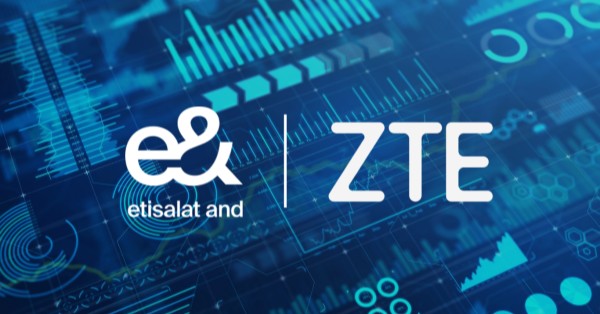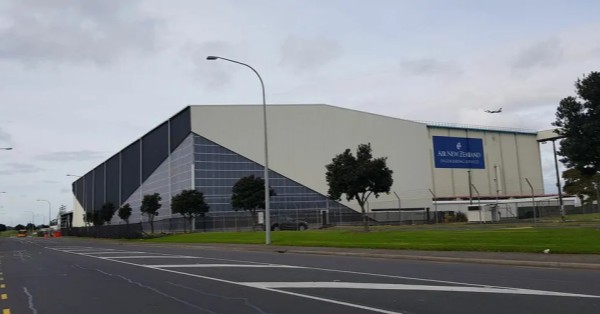SAN FRANCISCO, Oct. 30, 2024 /PRNewswire/ — Brightseed, the bioactives company, proudly announces that its proprietary AI platform, Forager®, has been named one of TIME’s Best Inventions of 2024 (time.com/best-inventions-2024). This prestigious recognition underscores Forager’s value in accelerating the discovery of bioactive compounds found in nature, and the delivery of a new category of health ingredients and insights for functional food, beverage, supplements and specialized nutrition. Brightseed, the bioactives company, announces that its AI platform, Forager®, is one of TIME’s Best Inventions of 2024.
“On behalf of the entire Brightseed team, this recognition from TIME is a tremendous honor,” said Jim Flatt, PhD, Brightseed’s co-founder and CEO. “Forager marks a significant technical breakthrough, enhancing our ability to explore nature for insights and ingredients that transform our diet into targeted tools for health and longevity. Together with our customers and partners, we look forward to delivering a new class of powerful and sustainable health innovations for consumers worldwide.”
TIME’s Best Inventions list is compiled through a rigorous process, evaluating inventions on originality, efficacy, ambition, and impact. For centuries, scientists have scoured plants, fungi, and other natural sources to identify bioactive compounds that can interact with human biology to promote health or fight disease. Traditional research methods are slow and labor-intensive, like finding a needle in a haystack. In 2017, Lee Chae, PhD, an accomplished computational and molecular biologist, created Forager to solve this age-old question with the help of AI: How can we decode the tens of millions of small compounds in nature to discover more bioactives and reveal the unseen power of their abundant health applications? Brightseed was founded soon after by Chae, Flatt, and Sofia Elizondo on a mission to transform the interplay between nutrition and healthcare by leveraging Forager’s growing natural compound library, and its proprietary data and models.
Forager helps companies and institutions in food, health and personal care with the molecular insights required to accelerate innovation, and fuels the development of Brightseed’s bioactive ingredients for the B2B marketplace, beginning with the company’s first upcycled, bioactive-rich ingredient for gut health made from hemp hull – Brightseed® Bio Gut Fiber. While traditional research takes years to connect the dots between a plant compound and its potential benefits, this process only takes a fraction of the time and cost using Forager. The tech also determines the impacts of processing and packaging on bioactive content, and analyzes agricultural supply chains, waste streams and side streams for hidden health value. Companies such as Archer Daniels Midland, Blue Diamond, Manitoba Harvest, Ocean Spray, and Pharmavite partner with Brightseed for insights and ingredients, powered by Forager.
Of the new list, TIME’s editors write: “The result is a list of 200 groundbreaking inventions (and 50 special mention inventions)—including the world’s largest computer chip, a humanoid robot joining the workforce, and a bioluminescent houseplant—that are changing how we live, work, play, and think about what’s possible.”
To learn more about Brightseed’s innovation programs, bioactive ingredients and Forager’s latest milestones, visit www.brightseedbio.com.
About Brightseed
Brightseed®, the bioactives company, is a World Economic Global Innovator that illuminates nature to restore human health. Brightseed’s proprietary AI, Forager®, accelerates bioactive discovery, biological validation, and ingredient formulation from years to months, rapidly revealing new connections between nature and humanity. Brightseed produces clinically proven bioactives for dietary supplements, food & beverage CPG, specialty nutrition and medical foods to power proactive health worldwide. Learn more at brightseedbio.com.
Media Contact:
Serene Buckley
Head of Communications, Brightseed
press@brightseedbio.com




























